Knowledge Exchange

How to Build Strategic Partnerships and Networks
As a strategic partnership manager at UPS, Vibhav Varshney (Class of 2015) is an expert in building meaningful relationships with individuals and organisations. In this interview, Vibhav, who is also the HKU MBA Singapore Alumni Chapter Head, explains how the HKU MBA helped him achieve his career goals and shares his insights on ways to leverage the power of network and partnerships.
- You have been working in UPS Singapore after your MBA study. Can you share with us your career journey in this company, and how the HKU MBA helped you to achieve your career goals?
My career journey in UPS has been greatly influenced by my MBA experience at HKU. The opportunity to work with UPS in Singapore post-MBA was a direct outcome of networking during my MBA programme. Through my connections with UPS in Hong Kong, I was able to establish relationships that eventually led to securing a position in Singapore.
During my seven years at UPS, I have experienced substantial professional growth. I have been entrusted with various responsibilities, including supporting the marketing team in Vietnam based out of HCMC and subsequently leading the marketing team in Singapore and Malaysia. This experience has been invaluable, particularly during the turbulent COVID pandemic, where I had to navigate through numerous challenges and uncertainties across both Singapore and Malaysia. Since last year I am leading Strategic Partnership Management for UPS across AMEA Region.
In retrospect, the MBA programme at HKU played a crucial role in equipping me with the necessary skills and knowledge to succeed in my career. The emphasis on international exposure allowed me to develop a global mindset and understand diverse business cultures. Additionally, the programme’s strong focus on networking provided me with the opportunity to connect with professionals from diverse nationalities and backgrounds, enhancing my ability to work effectively in an international setting.
Overall, my MBA at HKU provided me with the necessary tools, international exposure, networking abilities, and cultural understanding to excel professionally in Asia’s dynamic business environment.
- What are the key skills required to succeed in a strategic partnership management, and how have you developed these skills over time?
In my current role I am a strategic partnership manager for an eCommerce focused program at UPS, covering most countries across India to Australia. In strategic partnership management, multiple skills are essential for success. One crucial skill is the ability to understand the partner’s business process and pain points. By gaining a deep understanding of their goals, challenges, and needs, a partnership manager can identify opportunities for collaboration and develop tailored solutions that deliver mutual benefits.
Another critical skill is effective communication of the value proposition. Partnership managers must articulate the value that the partnership brings to both parties, demonstrating how it aligns with their strategic objectives and addresses their pain points. Clear and persuasive communication is essential for building trust and buy-in from partners.
Meticulous execution is also vital in partnership management. A partnership manager should be detail-oriented and capable of coordinating complex projects and initiatives. Timely delivery of promised benefits and commitments strengthens the partnership and enhances its long-term success.
Over time, I have developed these skills through practical experience in relationship management and project execution. Through working closely with partners, I have honed my ability to understand their business processes and pain points, allowing me to identify collaboration opportunities effectively. I have also refined my communication skills to clearly articulate the value proposition of partnerships and align expectations with partners. Finally, through meticulous planning and execution, I have ensured the delivery of promised benefits, fostering successful and mutually beneficial partnerships.
It is here again that my MBA, particularly the coursework in business communications, negotiation, and understanding diverse businesses, has been instrumental in developing these skills. It provided me with a solid foundation in effective communication strategies, negotiation techniques, and a broader understanding of different industries and markets. Applying these learnings in real-world partnership management scenarios has enhanced my abilities and contributed to my success in this field.
- How important is networking in your role, and what tips do you have for people who want to build meaningful connections?
Networking plays a vital role in my current role as it helps me establish meaningful connections with individuals and organisations that can potentially become valuable partners. Building a strong network enables me to tap into a wide range of resources, expertise, and opportunities that can drive success in strategic partnership management.
To build meaningful connections, it is essential to be proactive and engage in networking activities consistently. Attend industry events, conferences, and seminars where you can meet professionals from various backgrounds. Actively participate in professional associations, forums, and social media platforms relevant to your field. Take the time to genuinely connect with others, showing interest in their work and offering support when possible. Remember to follow up and maintain relationships through regular communication. Networking is a two-way street, so be willing to offer assistance and contribute value to others.
- With the rise of automation and AI, how do you see the logistics industry changing in the coming years, and how are you leading the team to prepare for these changes?
With the rise of automation and AI, the logistics industry is indeed undergoing transformation like most other sectors. In the coming years, we can expect to see increased integration of technology to optimize supply chain operations, improve efficiency, and enhance customer experience. As a leader, I am focused on leading my team to embrace these changes and prepare for the future.
We understand that supply chain and logistics are complex and heavily rely on technology-driven optimisation. We actively monitor industry trends and advancements in automation tools, AI algorithms, and data analytics to stay at the forefront of innovation. By continuously evaluating and adopting new technologies, we aim to enhance our operations, streamline processes, and deliver better outcomes for our customers.
To prepare team for these changes, we prioritise ongoing learning and professional development. We encourage team members to attend relevant industry conferences, participate in training programs, and engage in knowledge-sharing platforms. By staying current with emerging technologies and industry best practices, we can proactively adapt our strategies and operations to meet the evolving demands of the logistics industry.
- Can you share some of the most unforgettable experiences from your MBA journey?
The MBA journey was filled with countless happy moments and unforgettable experiences, but one that stands out is the ice breaker month we spent in Beijing, where we immersed ourselves in learning Mandarin. It was an incredible time of exploration and bonding with my MBA fellows. Additionally, we made a conscious effort to collaborate with different groups for each assignment, which provided a diverse and enriching experience. These moments fostered lifelong friendships and created a supportive and dynamic learning environment throughout our MBA programme.
- What advice would you give to our MBA students who want to pursue a career in the logistics industry or become a successful business leader?
My advice to MBA students aspiring for a career in the logistics industry would be to first recognise the immense potential and dynamism of the logistics sector. Logistics has always been the backbone of business operations, and with the globalisation of markets and the rapid expansion of e-commerce, its significance has only grown. Stay updated with industry trends, develop a strong understanding of supply chain management, and embrace technology-driven advancements. Build a diverse skill set encompassing strategic thinking, problem-solving, and effective communication. Lastly, seek out opportunities for hands-on experience and networking within the logistics industry to gain practical knowledge and establish valuable connections. This will lead to long term success in this field.
- You are our MBA Singapore Alumni Chapter Head, and thanks to your dedication and contributions, you have a built a closely-knit alumni community in the region. How do you manage to stay connected with different alumni? What are some of the initiatives you have taken for the Singapore Alumni Chapter?
As the MBA Singapore Alumni Chapter Head, I prioritise fostering a strong sense of unity and connection among our alumni community. Being one of the largest alumni chapters outside of Hong Kong, we make concerted efforts to stay connected. We organise regular meetups once every quarter, offering diverse activities to cater to different interests. Recently, we arranged a BBQ party where alumni and their families could bond, as well as golf lessons with an alumnus who graciously shared their expertise. Additionally, we continue to host traditional dinners and drinks gatherings, providing opportunities for networking and reconnecting. These initiatives aim to create a vibrant and inclusive platform where Singapore-based alumni can maintain strong ties and support one another in their personal and professional journeys.












